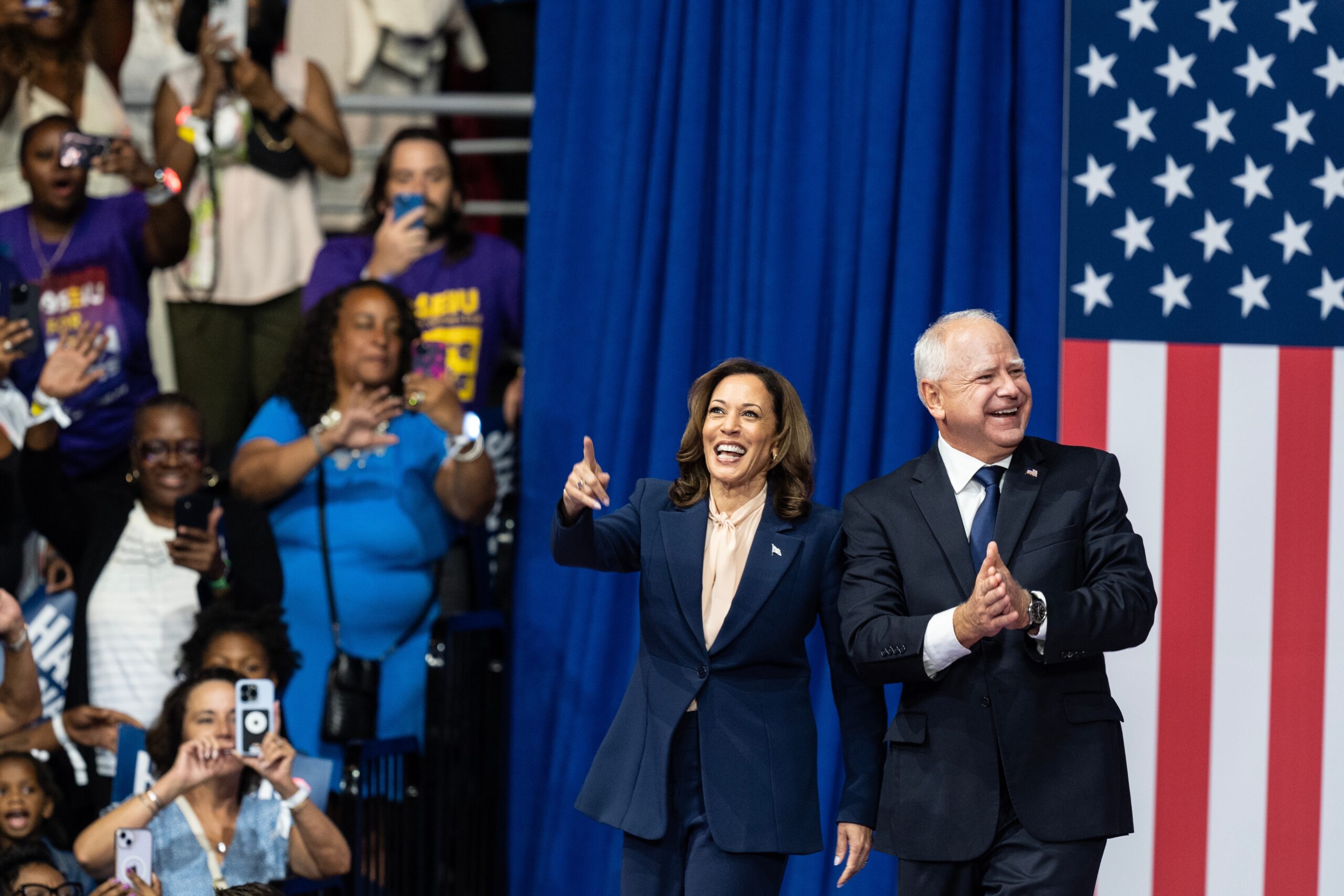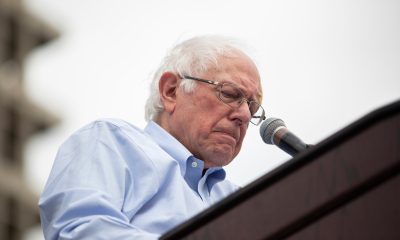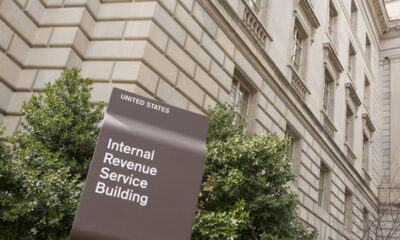Gov. Walz’s China Ties Under Fire As House Launches Probe Into Troubling Past

The House Oversight Committee’s investigation into Minnesota Gov. Tim Walz (D) has brought his controversial history with China into sharp focus. Chairman James Comer (R-KY) initiated the probe following alarming reports of Walz’s deep-rooted connections to Chinese Communist Party (CCP) entities, raising serious questions about potential foreign influence on a U.S. governor.
Rep. Matt Gaetz (R-FL) didn’t mince words: “Governor Walz’s coziness with the CCP is deeply disturbing. His repeated trips to China and involvement with CCP-linked organizations suggest a troubling pattern of behavior unbecoming of an American elected official.”
The investigation centers on several troubling aspects of Walz’s past:
- His staggering 30 visits to China, far exceeding typical diplomatic engagement
- A fellowship at a Chinese institution with clear CCP allegiances
- Multiple speeches alongside officials from known CCP front organizations
- A student exchange program allegedly bankrolled by the CCP
Critics have long questioned Walz’s seeming infatuation with China, pointing to his past statements that appeared to downplay CCP human rights abuses. His reported advice to American students to “downplay their Americanness” while in China has drawn particular ire.
Perhaps most alarming is Walz’s apparent indifference to the presence of a Chinese “secret police station” in the Twin Cities. His failure to condemn this blatant violation of U.S. sovereignty has raised eyebrows across the political spectrum.
Author Peter Schweizer highlighted Walz’s problematic history, noting, “Governor Walz has consistently shown more concern for CCP sensitivities than for the interests of his own constituents. His silence on CCP abuses while criticizing American institutions is telling.”
As the investigation unfolds, it promises to shed light on the extent of foreign influence in U.S. politics and the potential compromise of American interests at the state level.






















